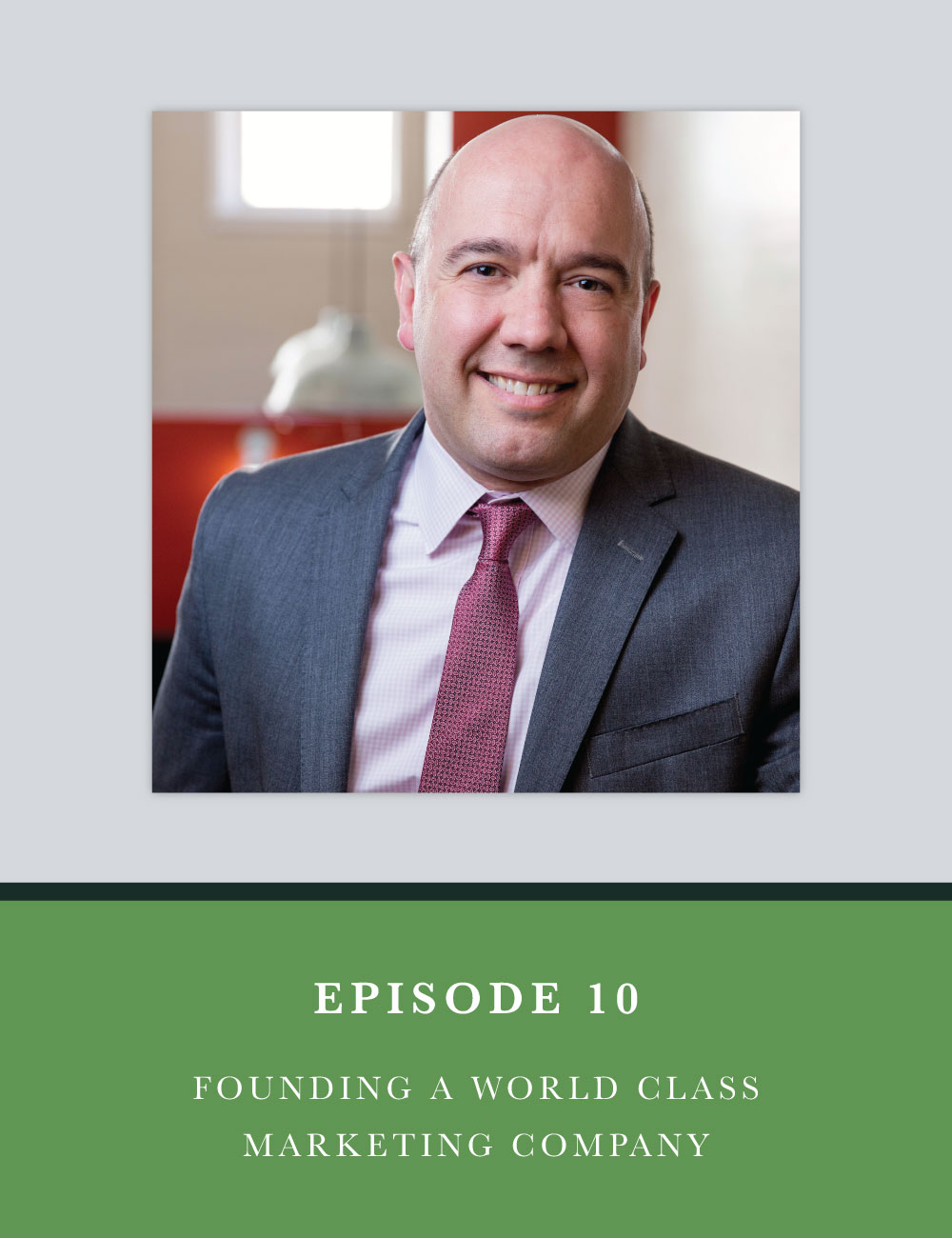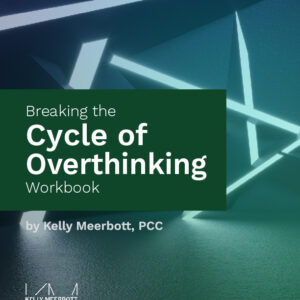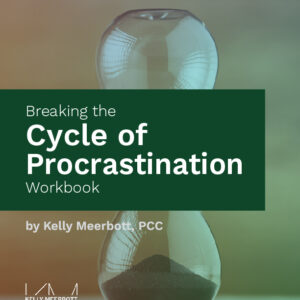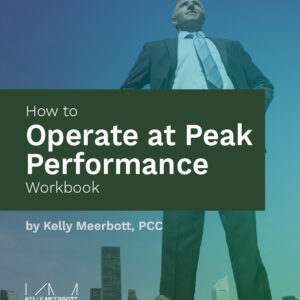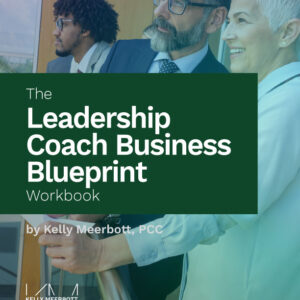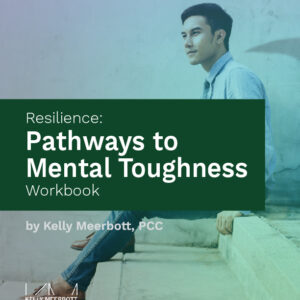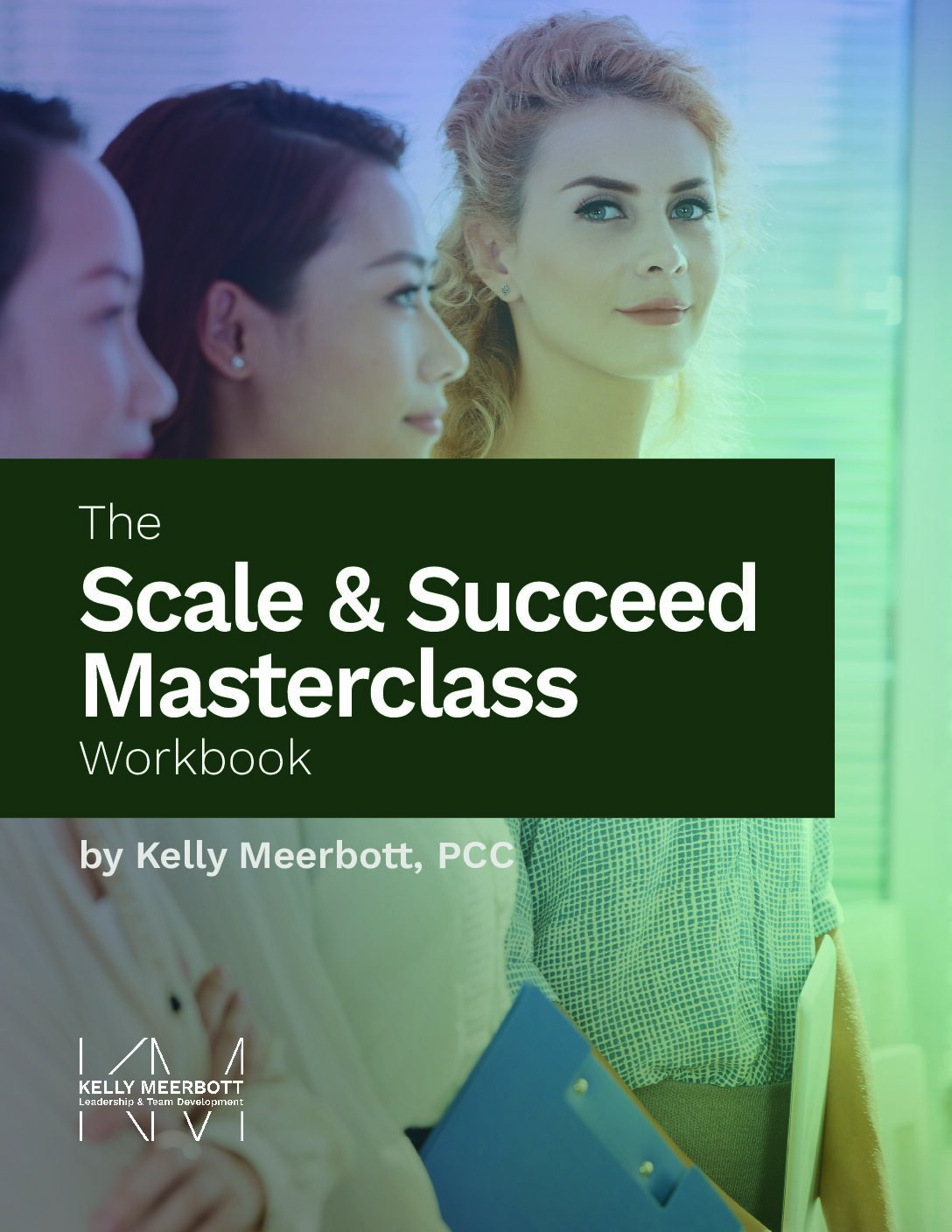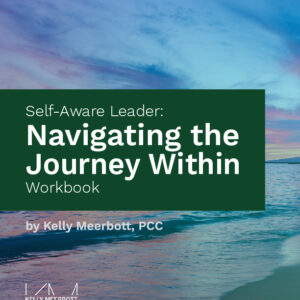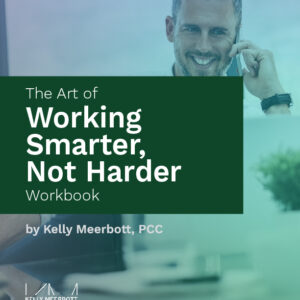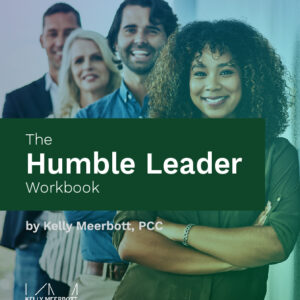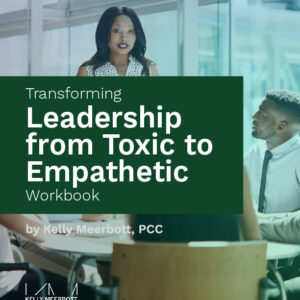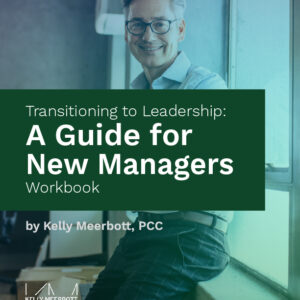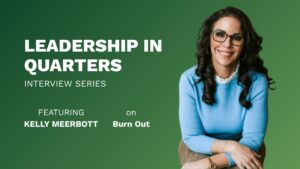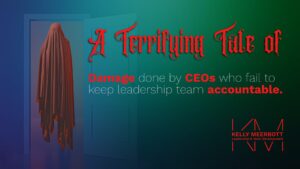[vc_row type=”in_container” full_screen_row_position=”middle” scene_position=”center” text_color=”dark” text_align=”left” overlay_strength=”0.3″ shape_divider_position=”bottom” bg_image_animation=”none”][vc_column column_padding=”no-extra-padding” column_padding_position=”all” background_color_opacity=”1″ background_hover_color_opacity=”1″ column_link_target=”_self” column_shadow=”none” column_border_radius=”none” width=”1/1″ tablet_width_inherit=”default” tablet_text_alignment=”default” phone_text_alignment=”default” column_border_width=”none” column_border_style=”solid” bg_image_animation=”none”][vc_row_inner column_margin=”default” text_align=”left”][vc_column_inner column_padding=”no-extra-padding” column_padding_position=”all” background_color_opacity=”1″ background_hover_color_opacity=”1″ column_shadow=”none” column_border_radius=”none” column_link_target=”_self” width=”1/1″ tablet_width_inherit=”default” column_border_width=”none” column_border_style=”solid” bg_image_animation=”none”][vc_raw_html]JTNDaWZyYW1lJTIwc3R5bGUlM0QlMjJib3JkZXIlM0ElMjBub25lJTIyJTIwc3JjJTNEJTIyJTJGJTJGaHRtbDUtcGxheWVyLmxpYnN5bi5jb20lMkZlbWJlZCUyRmVwaXNvZGUlMkZpZCUyRjY0MTM0OTklMkZoZWlnaHQlMkY5MCUyRnRoZW1lJTJGY3VzdG9tJTJGdGh1bWJuYWlsJTJGbm8lMkZkaXJlY3Rpb24lMkZiYWNrd2FyZCUyRnJlbmRlci1wbGF5bGlzdCUyRm5vJTJGY3VzdG9tLWNvbG9yJTJGMGY0NjJhJTJGJTIyJTIwaGVpZ2h0JTNEJTIyOTAlMjIlMjB3aWR0aCUzRCUyMjEwMCUyNSUyMiUyMHNjcm9sbGluZyUzRCUyMm5vJTIyJTIwJTIwYWxsb3dmdWxsc2NyZWVuJTIwd2Via2l0YWxsb3dmdWxsc2NyZWVuJTIwbW96YWxsb3dmdWxsc2NyZWVuJTIwb2FsbG93ZnVsbHNjcmVlbiUyMG1zYWxsb3dmdWxsc2NyZWVuJTNFJTNDJTJGaWZyYW1lJTNF[/vc_raw_html][/vc_column_inner][/vc_row_inner][/vc_column][/vc_row][vc_row type=”in_container” full_screen_row_position=”middle” scene_position=”center” text_color=”dark” text_align=”left” overlay_strength=”0.3″ shape_divider_position=”bottom” bg_image_animation=”none”][vc_column column_padding=”no-extra-padding” column_padding_position=”all” background_color_opacity=”1″ background_hover_color_opacity=”1″ column_link_target=”_self” column_shadow=”none” column_border_radius=”none” width=”1/1″ tablet_width_inherit=”default” tablet_text_alignment=”default” phone_text_alignment=”default” column_border_width=”none” column_border_style=”solid” bg_image_animation=”none”][divider line_type=”Full Width Line” line_thickness=”1″ divider_color=”default” animate=”yes” delay=”50″][vc_row_inner column_margin=”none” text_align=”left”][vc_column_inner column_padding=”no-extra-padding” column_padding_position=”all” background_color_opacity=”1″ background_hover_color_opacity=”1″ column_shadow=”none” column_border_radius=”none” column_link_target=”_self” width=”1/1″ tablet_width_inherit=”default” column_border_width=”none” column_border_style=”solid” bg_image_animation=”none”][vc_column_text]
[/vc_column_text][/vc_column_inner][/vc_row_inner][divider line_type=”Full Width Line” line_thickness=”1″ divider_color=”default” animate=”yes” delay=”50″][/vc_column][/vc_row][vc_row type=”in_container” full_screen_row_position=”middle” scene_position=”center” text_color=”dark” text_align=”left” overlay_strength=”0.3″ shape_divider_position=”bottom” bg_image_animation=”none”][vc_column column_padding=”no-extra-padding” column_padding_position=”all” background_color_opacity=”1″ background_hover_color_opacity=”1″ column_link_target=”_self” column_shadow=”none” column_border_radius=”none” width=”1/1″ tablet_width_inherit=”default” tablet_text_alignment=”default” phone_text_alignment=”default” column_border_width=”none” column_border_style=”solid” bg_image_animation=”none”][vc_row_inner column_margin=”default” text_align=”left”][vc_column_inner column_padding=”no-extra-padding” column_padding_position=”all” background_color_opacity=”1″ background_hover_color_opacity=”1″ column_shadow=”none” column_border_radius=”none” column_link_target=”_self” width=”1/1″ tablet_width_inherit=”default” column_border_width=”none” column_border_style=”solid” bg_image_animation=”none”][vc_column_text]Bill Gehrman, Founder and CEO of En Route Marketing joins the program to discuss how he taps into his passion for hospitality to create exceptional marketing experiences for clients. He reveals how he draws inspiration from music, who his favorite musicians are, and what he’s learned from them. Bill shares the guiding principles he learned from his parents and the behaviors that define great leadership. He also provides advice for overcoming business failures and the importance of understanding your strengths and needs as a leader. [/vc_column_text][/vc_column_inner][/vc_row_inner][/vc_column][/vc_row][vc_row type=”full_width_background” full_screen_row_position=”middle” scene_position=”center” text_color=”dark” text_align=”left” top_padding=”0″ bottom_padding=”7%” class=”custom-p” overlay_strength=”0.3″ shape_divider_position=”bottom” bg_image_animation=”none” shape_type=””][vc_column column_padding=”no-extra-padding” column_padding_position=”left-right” background_color_opacity=”1″ background_hover_color_opacity=”1″ column_link_target=”_self” column_shadow=”none” column_border_radius=”none” width=”1/1″ tablet_width_inherit=”default” tablet_text_alignment=”default” phone_text_alignment=”default” column_border_width=”none” column_border_style=”solid” bg_image_animation=”none”][toggles style=”default”][toggle color=”Default” title=”Episode Transcription”][vc_row_inner column_margin=”default” text_align=”left”][vc_column_inner column_padding=”padding-3-percent” column_padding_position=”all” background_color_opacity=”1″ background_hover_color_opacity=”1″ column_shadow=”none” column_border_radius=”none” column_link_target=”_self” width=”1/1″ tablet_width_inherit=”default” column_border_width=”none” column_border_style=”solid” bg_image_animation=”none”][vc_column_text]Speaker 1: Welcome to Hidden Human, the podcast where we explore the stories behind the business leader. Get ready to hear insights from business leaders speaking candidly about how they became who they are today, and the lessons they learned along the way. Now, here’s your host, leadership coach and speaker, Kelly Meerbott.
Kelly Meerbott: This is the space where we reveal our personal humanity to reconnect with our shared humanity. Let’s begin our conversation with the incredible Bill Gehrman, founder and CEO of En Route Marketing. Hey, Bill. How are you?
Bill Gehrman: Good morning, Kelly. How are you?
Kelly Meerbott: Good. I’m just thrilled to have you here. I mean you are … I tell everybody you’re the reason why I’m so deeply connected to Philly because of your generous nature. Tell us, if I were a six year old child, and you were trying to explain to me in a way I can understand what it is you do at En Route Marketing, what is that?
Bill Gehrman: Sure. Thanks again for the opportunity. It’s always great to speak with you. En Route is a marketing agency that works specifically with cultural, civic, and tourism organizations. The simplest way is that our clients want people to either buy tickets, or attend an event, or sign up for something. They want to do something. So, we leverage our various marketing tactics, connections and creativity to get those people there. We really try to connect people with our clients, and give them a reason that they want to buy or attend.
Kelly Meerbott: What was it inside your soul, Bill, that drew you to this kind of work?
Bill Gehrman: This journey, for me, started with my love of Philadelphia. When I graduated college, I was introduced to some people in the Philadelphia Tourism Industry, and found myself working at the Philadelphia Convention and Business Bureau, which is a dream job that I landed in my late 20’s. I did not plan to start my own company 10 years ago.
Bill Gehrman: I’ve had this opportunity to work with great people, and great institutions. So, whether they’re a museum that is sharing art or history, or it’s an event that brings people together, no matter what it is, it’s my passion for bringing people together for economic impact, and especially for the city of Philadelphia that drives everything that we do.
Kelly Meerbott: Now, tell me something. How did the Harry Potter Festival come to you?
Bill Gehrman: We were super lucky to have that magical experience. We-
Kelly Meerbott: Pun intended.
Bill Gehrman: Traditional period process of sending a proposal to the Chestnut Hill Business District, and we were lucky enough to become their ad agency, their marketing agency. They have had this Harry Potter Festival that started really small, because the college, Chestnut Hill College, started a Quidditch tournament, and the businesses in the Business District wanted to provide services and join in the fun. The last three years, it’s grown from 15,000 to 45,000 people, and really has put Chestnut Hill on the map.
Kelly Meerbott: Tell us what … I mean, I haven’t had the opportunity to go yet, and I plan on going this year. Tell us some of the fun stuff that you and your amazing team over at En Route came up with to kind of enhance what Chestnut Hill had in place already.
Bill Gehrman: Chestnut Hill, they, if you haven’t been to Chestnut Hill, you can envision it, if you’re familiar with the Harry Potter movies, it really does look like Hogwarts. These beautiful stone buildings, cobblestone streets. It is a really great village on the edge of Philadelphia. It doesn’t look like Center City at all. So, the store owners had been themeing their businesses, and if they sold flowers, they were coming up with creative floral. Everybody really got into the act.
Bill Gehrman: I think what we were able to do for Chestnut Hill specifically, was to use our connections to expand the work they were doing, and work with our partners in the tourism industry and the media industry to get into a wider audience. While people in the know, who maybe followed Harry Potter, knew about Chestnut Hill, we were able to get it out to a level where they were literally getting calls from India, and London, and places all around the world. People were excited to come to Chestnut Hill to experience Harry Potter.
Kelly Meerbott: Yeah, I mean you guys … You literally create magic with that festival. Let’s pivot into your childhood a little bit. When was the first time that you ever created some magic in your life? I’m looking between the ages of eight and 14.
Bill Gehrman: That’s such a long time ago, Kelly.
Kelly Meerbott: Oh, come on. It was just yesterday. Come on, Bill.
Bill Gehrman: I think … I had a great childhood, a great family. Two loving parents, I had three siblings. I think the magic … Where I was able to create magic was probably … We were really big in entertaining, and not so much entertaining like socializing, but my siblings and I were really creative. We grew up in a town that had great schools, and great arts programs.
Kelly Meerbott: Where did you grow up, Bill?
Bill Gehrman: I grew up in Wallingfort.
Kelly Meerbott: Okay.
Bill Gehrman: It’s in Delaware County, about maybe 20 miles outside of Center City Philadelphia. I started playing the saxophone, and really loved music. Music has been an important part of my life always, and I’m lucky that at a young age, I was able to read music and appreciate it. I played the saxophone, my siblings played the trombone, the tuba, the trumpet. My sister played piano.
Bill Gehrman: We would literally just sit with our instruments, and create music. It wasn’t necessarily sheet music, but they were sounds … It was fun. So, that was the first that I found myself really creating something from scratch. It was really special to do with my siblings.
Kelly Meerbott: Oh my gosh. How young were you when you guys were doing that?
Bill Gehrman: Really grade school age, I guess. Maybe I was in seventh or eighth grade, so that my sister was probably in third or fourth grade at that point.
Kelly Meerbott: Yeah, I mean I love when our guests talk about music, because it’s such a powerful force in my life, too. I wish I was musically inclined the way you are. In fact, my husband always says, “Please don’t sing karaoke because you’re just terrible,” which is fine. I’m one with my issues, and I know that. But, tell me about the first song that you ever heard, Bill, that made the hairs on the back of your neck stand up.
Bill Gehrman: Wow. I guess … It was kind of funny. I was not … While I was musically inclined, I should say, I knew how to read music. I wasn’t that kid in middle school who had a large, back then, LP collection. I really didn’t know a lot of artists. I didn’t talk a lot of bands and such. But I do remember for my sixth … I think it was my sixth birthday, one of my friends got me an album by the rock band, Rush.
Bill Gehrman: It was the first time I owned something that was kind of of the rock genre. I remember playing it over and over and over again, because it was newish to me, but I just loved the energy that I could envision people up on the stage playing. It was soaring lyrics, and energetic instrumentation. That’s probably the first time that I kind of took flight with recorded music.
Kelly Meerbott: I love that you said “took flight,” because I don’t know about you, but when I hear a song that really speaks to me, it’s almost like it invades my soul. I mean, I don’t know if that kind of phenomenon happens to you where you get lost in that, but I mean, for me, any kind of music, whether it’s … I think last week when I was interviewing Tiffany Tavares from Wells Fargo, she was talking about Nigerian pop. I’ve started to explore that. I just think music is such a universal language, and it speaks to us on an experiential level. It helps us express things that our vocabulary is too limited to express.
Bill Gehrman: What’s special for me about music, I love all kinds of music. But, two of my favorite rock artists, musical figures, are Billy Joel and Elton John.
Kelly Meerbott: Yes.
Bill Gehrman: A little traditional maybe for my age, but what I love is, it’s the music, and it’s the lyrics.
Kelly Meerbott: Yep.
Bill Gehrman: To me, you could listen to classical music and really be enveloped by the harmonies of the orchestration. You can hear a poem, or you can hear a spoken word, and really appreciate that. When there’s a song that gets your heart beating from the musical side, Billy Joel has always been one of my favorites, and I’ve always been amazed by the story of Elton John and his lyricist, Bernie Talpin.
Kelly Meerbott: Oh, me too.
Bill Gehrman: They don’t write together. Elton writes the music, and Bernie will the lyrics. They’re not playing it together, and then they match up after the fact. It’s amazing that that individual process has come together to create so many great hits that are really timeless.
Kelly Meerbott: Isn’t it incredible? I mean, I didn’t realize that until I saw an interview with Elton John recently on CBS Sunday Morning. The interviewer asked him what [Levon 00:08:57] was about. He was like, “I don’t know.”
Bill Gehrman: Right.
Kelly Meerbott: He said, “But have you ever rejected anything Bernie Talpin has brought you and written?” He said, “No. Why? Why would I?”
Bill Gehrman: It’s a fascinating partnership that just doesn’t happen easily. Looking at decades, it may happen. You may have a couple of wins like that, but to go on decade after decade.
Kelly Meerbott: Yeah, I mean, it’s really, really unusual. Especially in our day of collaboration. What’s your favorite Billy Joel, and what’s your favorite Elton John song?
Bill Gehrman: Piano Man, by far. It just encapsulates, I think, who Billy Joel is.
Kelly Meerbott: Yeah.
Bill Gehrman: When they call him the Piano Man, I really believe that because when he sings that, it’s like… You can picture him in that bar with the beer-soaked lights and all that. It’s so easy to sing to, and there’s nothing better than being at a Billy Joel concert and hearing the whole crowd sing along to Piano Man.
Bill Gehrman: Similarly, a little biased, being a Philly boy through and through, is Philadelphia Freedom for Elton John. That is a favorite for me, and I had a buddy in town many years ago. We saw Elton John play at the old Spectrum here in Philadelphia. He reported afterwards that hearing Philadelphia Freedom play in Philadelphia is a religious experience. I’m happy that I’ve had that experience a number of times.
Kelly Meerbott: It’s so amazing to me how much that can influence an experience for you, how much music can set the tone. I mean, I rode at Soul Cycle in July, and they did a Bruce Springsteen/Bon Jovi theme ride, and the instructor opened up by saying, “We’re six blocks from where they signed the Declaration of Independence, and we’re listening to this music.” I was like, “Oh my God. This is so over the top,” in terms of … I hate to say it, but a religious experience. I mean, it was just unbelievable.
Bill Gehrman: Yeah.
Kelly Meerbott: Let’s get back to your parents though, Bill. What does your parents do?
Bill Gehrman: My dad was a technology guy. He was a computer science guy and worked at banks in the beginning of his career, and actually worked on the first ATM that was developed-
Kelly Meerbott: Wow.
Bill Gehrman: In the country. One of the local banks here in Philadelphia. Then, went on to Boeing, where he was technology architect for many years locally. My mom was a stay at home mom for most of our life, and actually went … I graduated high school, she graduated the same year with a teaching degree. She had gone back to school, and she was a math teacher at our local high school for many years.
Kelly Meerbott: Gotcha. What kind of guiding principles did they instill in you from a young age?
Bill Gehrman: I think … They were just, and they are, really good people. We did not have a lot of drama. It was a very simple childhood. It was … I feel like we were like everybody else around us. There was nothing really distinguishing, but it was really about the family unit. I used to say that my parents were not the parents that were ever, ever, ever going to be on the cover of Time Magazine. That wasn’t their mission in life. They were not to be the best in their jobs.
Bill Gehrman: They were not looking for accolades. 100% of their energy was built around our family. While you didn’t appreciate it back then, it really shows. We have really great relationships now. We’re all very close. I think the four of us, the four kids, have found partners and wives who also instill onto the family. So really, I think their legacy is the family they created, and the values of family they instilled in all of us.
Kelly Meerbott: That’s really amazing. Knowing your partner, your husband, Chris, and how important … You know, tell us a little bit about him. His background is very family routed as well.
Bill Gehrman: Yeah, so Chris and I met 11 years ago. Chris is also a local guy. We had some similar background. Chris had worked at the Union League of Philadelphia, when I was at the Philadelphia Convention and Business Bureau. We were actually … He recalls us as being in one of the same meetings around the Republican National Convention in 2000. But yeah, his family owns [McGillan’s 00:12:59] Olde Ale House, which is the oldest, continuously operating bar in Philadelphia. It opened when Lincoln was president in 1860.
Kelly Meerbott: That’s unbelievable.
Bill Gehrman: It was three generations of McGillans, and he’s the third generation in his family.
Kelly Meerbott: That’s crazy. When you guys met, you brought these two guiding principles of deep family together. When I’ve been around you, your home, I mean, there is such a huge sense of family, even if there are like 150 in your house. How do you create that kind of atmosphere in such a large event, and how do you leverage that sense of family, that guiding principle, in your work?
Bill Gehrman: You know, I think the word is hospitality. We both look at that in different ways, because of our backgrounds. For Chris, it literally is more of a hospitality industry. His family has been in the food and beverage business for many years. That’s where Chris’s … His career has always been in food and beverage. It’s literally about welcoming people into your home, feeding them well, making them comfortable, making sure they have plenty to drink.
Bill Gehrman: I think [inaudible 00:14:04] hospitality that’s more about the connections of people, as you’ve referenced. I’m a big connector. I take great pride in that. I’m fascinated by people that I meet, interesting or good people. I don’t want to just shake their hand and say, “Nice to meet you.” I look forward to the next time we can get together. I could introduce them to somebody else. I think it’s that unique connection that we share.
Bill Gehrman: Chris is much better at the food and beverage hospitality. I’m a little better and outgoing in the connections. That’s what we do. We do love entertaining, and literally welcoming people into our home, because that’s the great way not only to see the people we care about, but to introduce them to others. So, we have made lots of connections between friends from different parts of our lives, that then enrich everything going on around us.
Kelly Meerbott: Well, I mean, for me, when I do get the opportunity to be around you and Chris, it’s an honor and a privilege to watch you two, because you really do compliment each other. I mean, there’s clear love and respect, and hospitality between the two of you, which is so interesting because of the lines of works that you’ve chosen. It has to do with hospitality, and tourism.
Bill Gehrman: Yeah, it works really well. First of all, thank you. They are very kind thoughts, and Chris would appreciate that as well. We love having you around. I have to be honest, it just works.
Kelly Meerbott: Yeah.
Bill Gehrman: I think from the moment we met … I remember the first thing I remember about our meeting, and learning about his family business, and all I’m thinking, “This is great. I’m a Philly boy. He’s a Philly boy. We’re not going anywhere.” It’s a practical sense of we don’t have to travel for Thanksgiving, to just the fact that we’re anchored here, and we’re going to really be engaged in Philadelphia. We don’t have to really think about that.
Bill Gehrman: We both work in different parts of the same industry, and that does compliment our social life, and the kind of people we know. It’s worked really well. I can’t say we’ve enhanced it, but it really was something that was created organically.
Kelly Meerbott: I mean, you and Chris are both treasures to Philadelphia. I continue to think how lucky we are to have people like you as the lynch pins within our city, because you do a lot behind the scenes. I mean, let’s talk about being a founding member of the IBA, and what that was such an important milestone for you in your life and your career.
Bill Gehrman: Yeah, I think it ties into … Again, Chris and I, we talk a lot about how we can enhance the city. We have lots of ideas. We try [inaudible 00:16:30] talk about the ideas, and what can you actually do. So, the Independence Business Alliance, when I first … While I was at the Convention and Business Bureau, and working in LGBT tourism, I had gotten an invitation to attend the National Gay and Lesbian Chamber of Commerce meeting, and watched in DC.
Bill Gehrman: I assumed this was the beginning of a movement. I thought, “Wouldn’t it be great to have a National Gay and Lesbian Chamber of Commerce that we can …” And we should definitely have it in Philadelphia. I was going to DC on a mission to bring this movement to Philadelphia, unaware that Gay and Lesbian Chambers had existed for 30 or so years, [inaudible 00:17:05] on the west coast.
Bill Gehrman: I definitely knew, there was no doubt in my mind after that first meeting, we had to have it in Philadelphia. Once I worked for a gay-owned ad agency a couple of years later, it seemed to make sense … I’d been planting the seeds, networking with people, finding people who are like-minded in this area of economic impact for the LGBT community. It took off very quickly.
Kelly Meerbott: Yeah. I mean, and it’s such a great and loving community to be an accomplice for. I mean, I’ve been an ally for 35 years, in every market that I’ve ever lived in. It’s just, to me … I hate to sound cliché, but love is love, is love, and why would you want less of that? Especially now in today’s day and age, right?
Kelly Meerbott: As you come up through your career and your life, Bill, you probably have a chance to interact with a lot of different leaders. I’m just curious, what do you think, in your opinion, are some of the behaviors that define great leadership?
Bill Gehrman: I spend a lot of time on that topic, especially as my company has grown in the last three or four years from two to five, and just added two new staff.
Kelly Meerbott: Congratulations.
Bill Gehrman: Thank you. No, it’s a very exciting theory En Route , but my role has really changed from being a part of a small team to I have to spend more time in developing that leadership not just for myself, but for the individual members of my team. I think a leader, to me, is someone who gets the job done. It seemed as simple as that, but there’s a lot of people who will talk about things.
Bill Gehrman: They don’t make it happen, because they don’t want to put enough of their energy into it, or there are fears that keep them from it. Or, they think that they can’t do it, and they don’t know how to connect to others who can. I think a leader is someone who can look around them and say, “This is where I have to go. How do I get there, but realizing it’s not all about me.”
Bill Gehrman: Leadership is not about me carrying the load, and pulling this boulder up the mountain by myself. It’s communicating and bringing people on board who believe that that boulder does need to get to the top of the mountain, and getting them to join you in the effort.
Kelly Meerbott: Yeah, that’s a great of putting it. Do you have a concrete example of how you practice that with your team at En Route?
Bill Gehrman: Because we work with so many civic and cultural organizations, and we work with a lot of non-profits, so the road to their goals is rarely lined with money. We really have to be creative, so we are challenged every day, and I’m challenging my team to say, “You own this task.” It’s not us. We’re not doing it for me. We’re not doing it for Bill Gehrman. We’re really not even doing it for En Route. It’s for their clients, and I want to them to take that passion and find a way to get there.
Bill Gehrman: I really try to challenge them to say, “What’s it going to take? What do we have to have the team do? What can we do internally? What resources do we have to leverage?” That means, innovation, creativity, maybe a little extra elbow grease. Whatever it is, but you need to make it happen. You can come back to me, and rely on me to make it happen, but though, I want you to lead, and lead me as well, to the finish line.
Kelly Meerbott: Gotcha. Wow. I have nothing more to say to that, because that’s exactly the work I do. I mean, it’s just beautiful to hear people out there walking and talking. I’ve always experienced you that way, Bill. Let me ask you, a lot of times when I’m working with leaders, or I’m talking to people, it seems that failure tends to resonate with them more than people’s successes. Do you have a failure that you can share, and how you recovered from it? Because, resilience is such a strong characteristic, especially in business owners and in leaders.
Bill Gehrman: Sure. I mean, there’s obviously plenty of failures. I think part of my success has been not getting bogged down by that. I think a long time ago I accepted that you will fail, and you need to learn from it and move on and not dwell on it. I think a specific failure, I remember having … When I worked for the ad agency before I started En Route, we had a client that wanted us to undertake a research project, and do some consumer research for
-
Breaking the Cycle of Overthinking Workbook
$15.00 Add to cart -
Breaking the Cycle of Procrastination Workbook
$15.00 Add to cart -
Creating Your Self-Care Sanctuary Workbook
$15.00 Add to cart -
Energy Management: Unveil Your Inner Power Workbook
$15.00 Add to cart -
Sale!
From Burnout To Bliss: Toolkit and Journal
$35.00Original price was: $35.00.$20.00Current price is: $20.00. Add to cart -
Future-Proof Leadership: Engaging Millennial and Gen Z Leaders Workbook
$15.00 Add to cart -
How to Lead a Multi-Generation Workplace Workbook
$15.00 Add to cart -
How to Operate at Peak Performance Coaching Workbook
$249.00 Add to cart -
How to Operate at Peak Performance Coaching Workbook
$15.00 Add to cart -
Inclusive Dialogue: Mastering Difficult Conversations
$15.00 Add to cart -
Inclusive Leadership & Dialogue Pack
$40.00 Add to cart -
Leadership Coach Business Blueprint
$599.00 Add to cart -
Leadership Transformation Master Pack
$55.00 Add to cart -
Peak Performance Leader Pack
$55.00 Add to cart -
Resilience: Pathways to Mental Toughness Workbook
$15.00 Add to cart -
Scale & Succeed Masterclass
$999.00 Add to cart -
Self-Aware Leader: Navigating the Journey Within Workbook
$15.00 Add to cart -
The Art of Working Smarter, Not Harder Workbook
$15.00 Add to cart -
The Coaching Kickstart Program
$299.00 Add to cart -
The Elite Leadership Coach Mentorship Program
$3,499.00 Add to cart -
The Emotionally Intelligent Leader Pack
$40.00 Add to cart -
The Emotionally Intelligent Leader Workbook
$15.00 Add to cart -
The Executive Coach Mastery Program
$1,799.00 Add to cart -
The Humble Leader Workbook
$15.00 Add to cart -
The Mental Toughness & Resilience Pack
$55.00 Add to cart -
The Mindful Leader Workbook
$15.00 Add to cart -
Transforming Leadership from Toxic to Empathetic Workbook
$15.00 Add to cart -
Transitioning to Leadership: A Guide for New Managers Workbook
$15.00 Add to cart
Bill Gehrman: I was still a little naive, and again, thinking I could do it all by myself, and took on this project and did it to the best of my ability, but not only was not really successful, but it kind of put a tarnish on the business because we had promised something to a client that we couldn’t do. I mean, that was the first time, I think, maybe I felt I caused harm to my employer, and reputation or track record. But, it really has stuck with me.
Bill Gehrman: I remember that constantly, that you have to stick to what you do best, and don’t reach outside your boundaries. If you need to do something that you don’t know how to do, explain that up front, and work to bring in a partner. So, I know I’m a pleaser. I like to keep people happy, so it’s very much in my nature to say, “Sure, I’ve got this. No problem.” I think in the professional world, I’ve learned that I don’t always have it. I can lead you there, and I can give you options, but it’s not always going to be on me to bring you success.
Kelly Meerbott: Yeah, where did this characteristic of pleasing come from, do you think?
Bill Gehrman: You know, probably, like I’m sure like everything else, it comes from childhood. It probably come from my deep-rooted Italian family that grew up in South Philadelphia.
Kelly Meerbott: Oh, Lord.
Bill Gehrman: It was … What’s that?
Kelly Meerbott: I said, “Oh Lord. Those are my people, too.”
Bill Gehrman: The South … The Italians are great, and South Philadelphians are a breed of our own.
Kelly Meerbott: Yep.
Bill Gehrman: But, I think it was always about what can you do to make … Again, it goes back to that hospitality. If somebody needs something, how can we help them? What can you do? So, for me, luckily, it’s a very positive characteristic for me. I don’t find it in a way that I neglect myself, or those closest to the … Please people, because I’m trying to get that attention. But, I’ve always … You know, my mantra … You had asked me for a mantra, and it’s really about others first.
Bill Gehrman: I’ve been very fortunate, and I think it’s important that I can say I can be focused on others first, because I’ve been very lucky in my life that I had a very stable childhood. I didn’t have to worry about getting money to go to school, or the needs I needed … There as a field trip. I’m not saying we were rolling in dollars, but I didn’t worry about that.
Bill Gehrman: So, growing up, I had a great career, and then people who have been very good to me. So, I’ve got a very strong foundation that has allowed me to reach out and put other first, and help others, and really be focused on their needs. I realize that not everybody is that lucky. Sometimes you have challenges of your own, then you have to be more focused on yourself.
Kelly Meerbott: Yeah, absolutely. I think you made that great distinction. Of course, the word, the phrase, that’s popping in my head is you’re a servant leader. That doesn’t mean … I was researching the words to serve and service this week for another presentation I was doing, and the root of it comes from the word … I think it’s [souvier 00:24:08], which means to save. I think that a lot of times in service you are, in a way, saving people, not in the attention-seeking way, but just really meeting them where they’re at and fulfilling the needs that they have.
Bill Gehrman: Right. I mean, that’s … When you strip it all down, I think we all have needs that have to be met. If we all help each other with them, and use them as ways to bring us together and not to separate us, and not to put someone in a corner because of the needs, that’s where we’re most healthy. I think the great work you do, I think it focuses on helping people identify what are their needs.
Bill Gehrman: So many professionals are not successful because they don’t realize where their needs are. They don’t want to face them. They don’t want to see that weakness. But it’s only through them, through those challenges and failures as you said, that you become better. Look, I know what my challenges are, and where my failures can be.
Kelly Meerbott: Yeah, it’s interesting you bring that up because PricewaterHouseCoopers did a study a long time ago on emotional intelligence, and they were saying that people who are the most self aware can contribute 528% in more revenue to the bottom line.
Bill Gehrman: That … I know that’s that.
Kelly Meerbott: I mean, it’s crazy. It really is important. What you said, talking about how you don’t neglect yourself for others in terms of pleasing, and that’s really, really important because you can’t pour from an empty cup. That’s one thing I’ve always noticed about you is that you’re very in tune with your own needs, and when you need to stop down and kind of refill yourself. So, bravo to that.
Bill Gehrman: Well, it didn’t come easy. I think it’s an important story in my life [inaudible 00:25:56]. I’m very happy. I’m an [inaudible 00:26:01] professional, an openly gay male. It was not always the case. I didn’t come out until I was 27, and when I did come to the realization that I was gay, it was very difficult and went through the storybook of a little bit of depression, and talking to therapists and such. I always tell people that I really had to break everything down.
Bill Gehrman: I really kind of hit a shallow point, because I had to break everything down and rebuild it up. While that was a very challenging time in my life, I feel bad for everybody that has to go through that. I am very confident, and I am very self aware because I had to go through that. So again, it’s using something that was a challenge, that was a long-term benefit, lucky in a way that I had to go through that challenge that enabled me to the person I am today.
Kelly Meerbott: Well, such a beautiful person. We are really, really lucky to have you here in Philly.
Bill Gehrman: That’s very nice.
Kelly Meerbott: No, I just speak the truth as I see it, Bill, and I know that there are a lot of people that would echo the sentiment. I have a question for you. For those young men and women that are in that position of struggling with coming out, what advice would you give to them?
Bill Gehrman: You know, it’s very easy for me to use the line of “It gets better,” “Hang on there,” and “It will happen.” I feel almost a little out of touch with that question these days, because so much has changed where at least in our environment, here in urban Philadelphia, where it’s a very welcoming space and people think, “Oh, well now high school students can be out,” and it’s not problem. It’s all better.
Bill Gehrman: But I do know that not only here in Philadelphia, different cultures, and also in more rural spaces all throughout the country and around the world, there are plenty of people battling with that. I think the key is to really focus on who you are, and understand that homophobia and the bad feelings that you’re feeling are coming from the outside.
Bill Gehrman: It’s other people’s views that are making you feel that way. Whether on purpose, or just from their environments, their opinion of a picture where you don’t belong, where you’re not normal. If you can really … It’s difficult, but if you can really internalize and understand yourself, and really become comfortable that, “Yep, I live in an unfair space, and it’s not pretty for me outside, but I love myself and there’s nothing wrong with me internally,” it’s probably the best place to start.
Kelly Meerbott: Yeah, that’s such great, strong advice, Bill. I mean, I live my life by The Four Agreements … I don’t know if you’ve ever read that book, but one of the things that he says is … One of the four agreements is don’t take anything personally, because anything anybody does or says is a reflection of their inner world, not yours. While that’s really easy for me to say in practice, it is kind of … It’s enlightening when you sit there and really do realize that everything that’s causing you stress is outside of you, and is really their problem.
Kelly Meerbott: How you react to it, and how you’re believing it, that’s where your accountability lies. I hate that this interview is ending, because I could talk to you for hours, you know that. But, I’d like to end the interview with four rapid fire questions, and they’re all really fun. The first one is, what is your favorite comfort food?
Bill Gehrman: Sushi. It sounds odd, but I love … I could eat sushi all day long.
Kelly Meerbott: Me, too. Yum. Where is your favorite sushi place in Philly?
Bill Gehrman: There’s many of them. I would say that the one that I frequent the most … I actually don’t know the name. It’s down the street from my office. It’s just … it’s my go-to place once a week, where it’s going to be quiet in there. I go by myself, and I can just enjoy various kinds of sushi. But, my favorite … I had the joy of going to Tokyo for work with the Philadelphia Orchestra, and that was a great experience of having sushi in Japan. That was really intriguing.
Kelly Meerbott: Oh my gosh. Wow. Well, I’ll have to have you come back on and tell me all about that.
Bill Gehrman: [inaudible 00:29:56].
Kelly Meerbott: Okay, what books are on your nightstand?
Bill Gehrman: My nightstand is full of marketing and leadership books, and I’m a horrible person, I don’t know any of the names. I couldn’t tell you. But I like books that … I’m not a big biography reader. I’m not a big [inaudible 00:30:13] Bill Gates, or any of the [inaudible 00:30:14] people, but I love to just read best practices about marketing, leadership and strategy just to enhance my viewpoints.
Kelly Meerbott: Yeah, if you haven’t read … It just popped in my mind. If you haven’t read Creativity, Inc. by Ed Catmull, he’s the … I’m going to get his title wrong, but he is like the president of Pixar and executive vice president of Disney Animation. It talks about how they created Pixar, what their best practices are, and what they did to kind of revive the Disney animation arm. So, you might really find that fascinating.
Bill Gehrman: Sounds like a good recommendation.
Kelly Meerbott: Yeah, okay. So, what’s on your playlist right now?
Bill Gehrman: I love Coldplay.
Kelly Meerbott: Yes.
Bill Gehrman: Always, Billy [inaudible 00:30:58] are always on there. I think what would be unique or different on my playlist … I’m a pretty boring music guy, to be totally honest. I think if somebody looked at my playlist, they would think that I’m 20 years older than I am. I love all kinds of music, but the classics … Again, I love the good music. I love dance music, and I love upbeat, and I love that, and that’s great for me. But the traditional music of excellent lyrics and great melodies always [inaudible 00:31:27].
Kelly Meerbott: I love that. Okay, last question. What are you most grateful for in this moment right now?
Bill Gehrman: Other than being asked by you to be on this podcast, because it’s a joy to talk to you, and you’re my first podcast ever, I’d love to … Really, I have to say is my business right now. I did not plan to start my own company, and I guess I envisioned I would meet a guy, and I envisioned that I would have my family.
Bill Gehrman: I envisioned that I’d have a lot of comfort and such, but this has been an unexpected experiences of the challenges of an entrepreneurship, and not only having a successful business, but being in a position to take the risks, to add more staff, to try some new things. I’m a little bit outside my comfort level. Nobody … I didn’t go to school to start a business, or learn how to run a business, but again, it’s the challenge is the blessing. Every day I’m learning something new, and I have to figure something out. That has really been my passion.
Kelly Meerbott: It’s interesting that you say that, because I didn’t go to school for business, and I didn’t … This was not my plan, either. It’s like you sit here and you go, “How did this happen?”
Bill Gehrman: Right.
Kelly Meerbott: And then you say, “Oh my gosh, I’m so glad this happened.”
Bill Gehrman: It goes back to your original question about creativity. I really created something here. We’re creating solutions for clients. I’m creating policies and ways that I manage my employees. I’m creating new ideas. It just was never something that I even thought would happen to me. It’s been a great thrill to figure this out, and I’m continuing to figure it out.
Kelly Meerbott: I think there are many people that would join me in saying thank God you did open your own business, because En Route does such fantastic work. If there’s anybody listening that would want to reach out to you and your team, how would they get in touch with you, Bill?
Bill Gehrman: Sure. Our website is EnRouteMarketing.com. E-N-R-O-U-T-E Marketing.com. It’s pretty easy to find us on the traditional social media channels. But yeah, if you’re especially in the tourism, civic and cultural space, I’m letting you know that we have a lot of great contacts out there. We welcome to talk to anybody, even it’s not about a client need, and it’s making connections or partnerships, employment, guidance, other business owners who want to hear how I tackle certain problems, I love just meeting other people for in the mix.
Kelly Meerbott: Yeah, and if you want white gloves, high standard of excellent service, you definitely want to talk to Bill.
Bill Gehrman: [inaudible 00:33:54] Chris.
Kelly Meerbott: Yeah, exactly, right? Chris, too. I mean, if you’re in Philly, make sure you go over to McGillan’s and say hello to Chris and everybody over there. Well, thank you so much, Bill, for having an authentic conversation with me, and for our listeners. It’s our intention in this space that this conversation inspires you to go out and get real, and have deep conversations to enhance the connections that exists in your life. We look forward to having you listen to our next episode, and make it a great day.
Speaker 1: You’ve been listening to Hidden Human, the stories behind the business leader. If you’ve enjoyed the episode, please subscribe to the podcast on iTunes. To learn more about Kelly and the services she provides, visit YouLoudAndClear.com. Thanks so much for listening, and we’ll be back soon with a new episode.[/vc_column_text][/vc_column_inner][/vc_row_inner][/toggle][/toggles][/vc_column][/vc_row]
